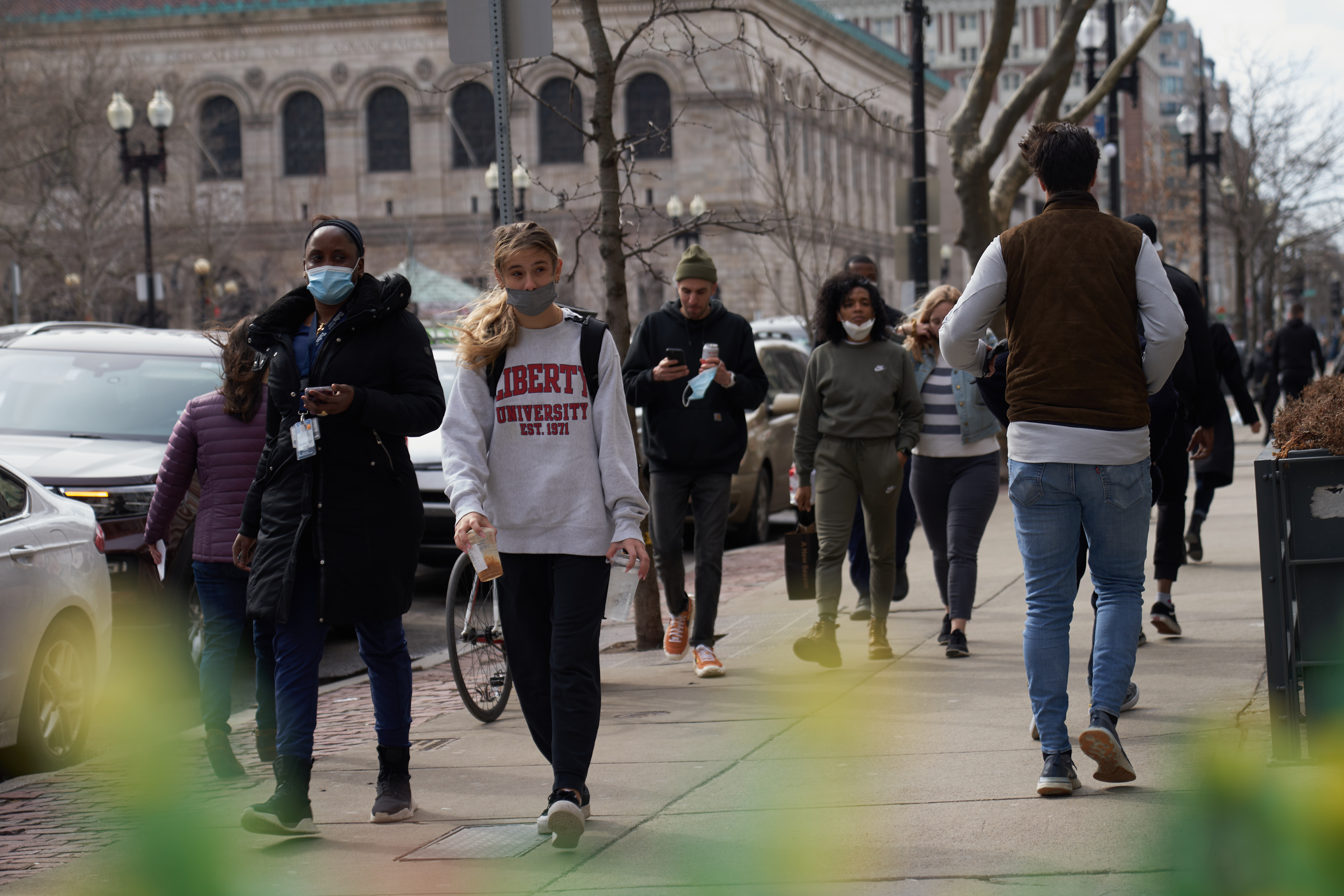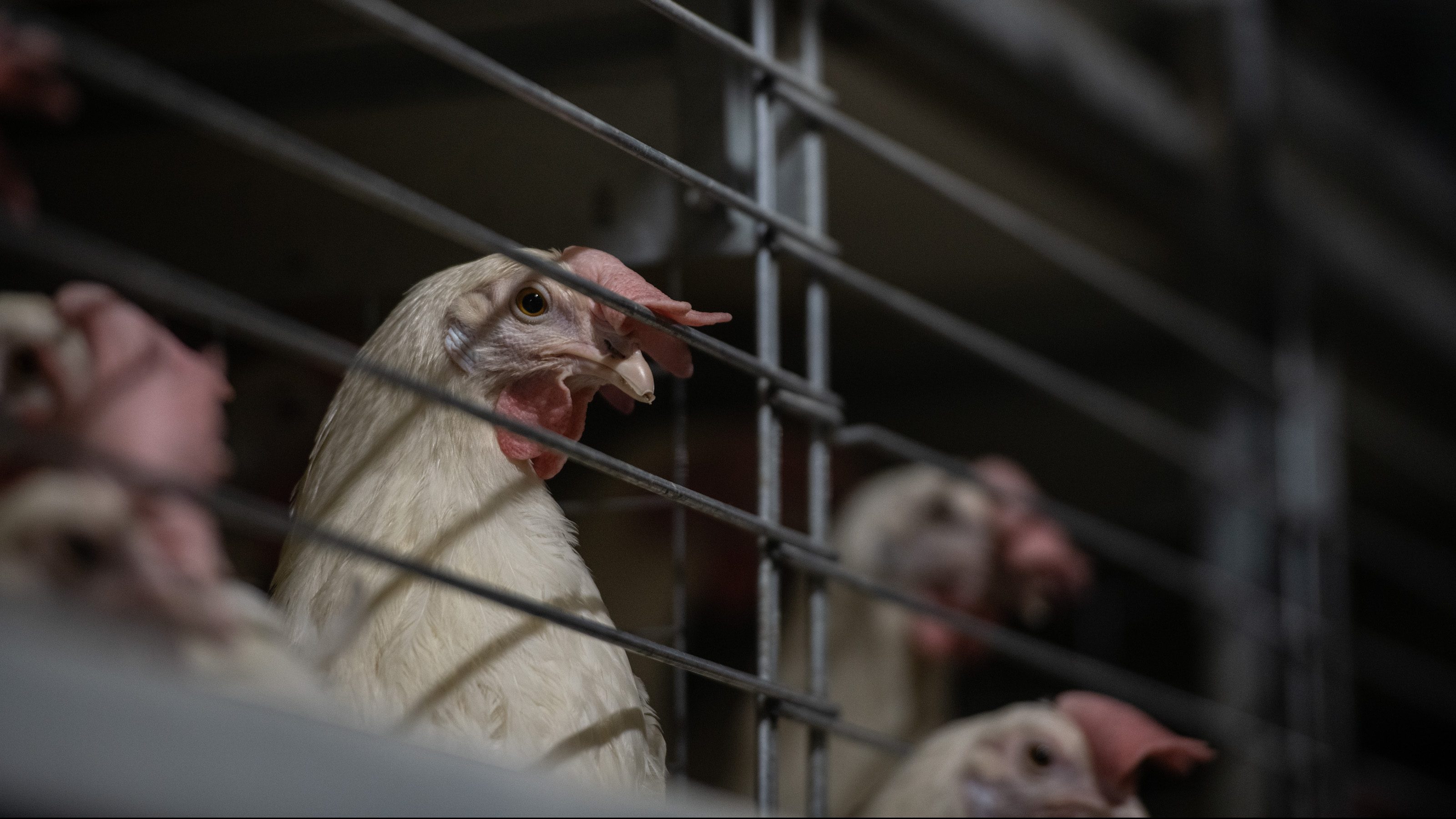A case of monkeypox has been confirmed in Massachusetts, health officials said Wednesday.
It's the first case of monkeypox, a rare but potentially serious virus, in the United States this year, according to the Massachusetts Department of Public Health. Two U.S. cases were reported last year; nine cases have been identified in the United Kingdom this month. It has also been diagnosed in recent days in Spain and Portugal.
The man with the virus in Massachusetts had recently traveled from Canada, officials said, noting in a statement, "The case poses no risk to the public, and the individual is hospitalized and in good condition."
Dr. Paul Biddinger, chief preparedness and continuity officer at Mass General Brigham, said local officials are not aware of any cases in Canada, which is not an area where monkeypox is known to be endemic.
Get Boston local news, weather forecasts, lifestyle and entertainment stories to your inbox. Sign up for NBC Boston’s newsletters.
"I think it's a mystery," said Biddinger said.
Local health officials are working with the U.S. Centers for Disease Control and Prevention to coordinate with Canadian public health officials.
"This is an evolving situation where in the past two weeks, we have seen a number of cases without a reported travel history to West Africa, which has been the travel that's been most relevant," Biddinger said. "So right now, we don’t have that travel history, we don’t know how the patient acquired this infection, and that's why we're working closely with public health authorities."
The Department of Public Health is working with the man's health care team, local boards of health and the CDC to identify others who he may have been in touch with while he was infectious with the virus. Doctors said typically patients are not infectious until they begin showing symptoms.
Massachusetts General Hospital, which is the designated regional emerging special pathogens treatment center for New England, said the patient was admitted there on May 12, and an "astute" clinician team thought to check for monkeypox, having heard news of recent cases in the U.K.
Signs of a monkeypox infection include flu-like symptoms and lymph node swelling, then a rash that can begin on one part of the body and then spread, health officials say. The infection can last two to four weeks and may be confused with sexually transmitted disease like herpes or with chickenpox.
"The rash can proceed over a series of days, or even weeks, where they develop either flat or pustules," said Dr. Erica Shenoy, medical director for the Region 1 Emerging Special Pathogens Treatment Center. "In there is where the virus is, so that's where the direct contact with fluid is really one of the major risk factors for transmission."
Shenoy said the patient is "doing quite well," and that the strain of the virus has been identified as one out of West Africa, which is known to be less severe.
"At this point there’s a spectrum of illness, we are reassured that this is West African clade," Shenoy told reporters Wednesday.
The monkeypox virus is related to the one that causes smallpox, but health officials noted that transmission between people is difficult -- it travels through bodily fluids, sores, items contaminated with fluids or sores or prolonged face-to-face contact. The cases in the U.K. were all in men who have sex with men, according to the Massachusetts Department of Health.
"Human-to-human transmission really has occurred from close contact, generally speaking, and that is close contact via respiratory droplets, or prolonged face-to-face contact, as well as direct contact with the lesions, or in direct contact with contaminated bedding or clothing that had been contaminated with the lesions," said Dr. Sarimer Sanchez of the Boston Public Health Commission.
Citing the recent cases in the U.S. and U.K., the agency urged doctors to consider a monkeypox diagnosis in people with an unexplained rash and either recent travel to a place where monkeypox has been detected, contact with someone who has or suspects they have the virus or in men who have sex with other men.
Monkeypox was identified in 1958 in monkeys being kept for research, according to the CDC. The first human case was discovered in the Democratic Republic of Congo in 1970 while officials were pushing to eradicate smallpox.
The CDC calls cases in the U.S. "very rare," noting the two cases in 2021 -- in people who'd flown from Nigeria to Texas, in July, and Maryland, in November -- and a 2003 outbreak of 47 confirmed or suspected cases in people in six midwestern states.
In that outbreak, the people in the U.S. were infected via pet prairie dogs that had been exposed to monkeypox by small mammals imported from Ghana, the CDC said. The smallpox vaccine was part of the effort to contain that outbreak.



